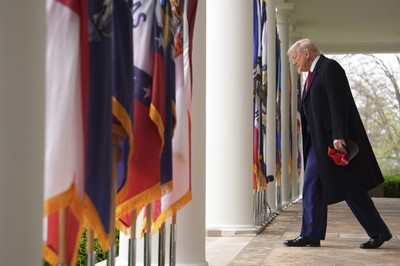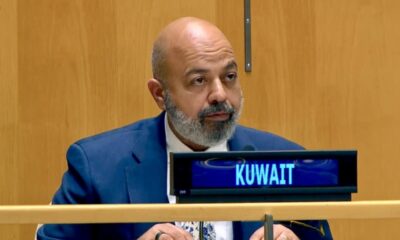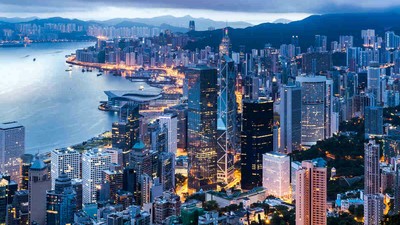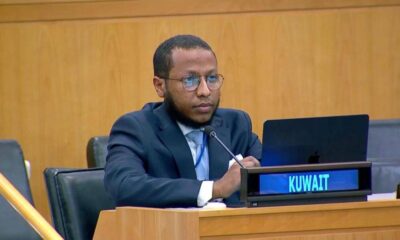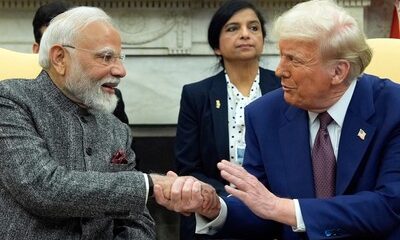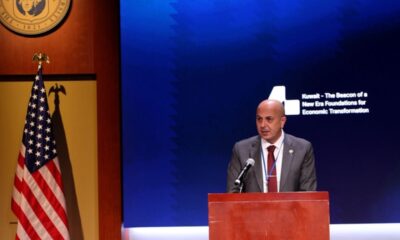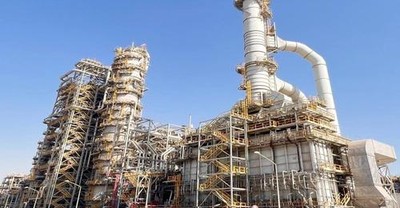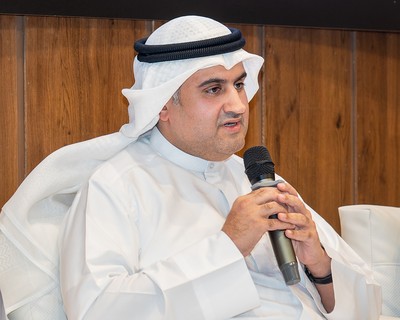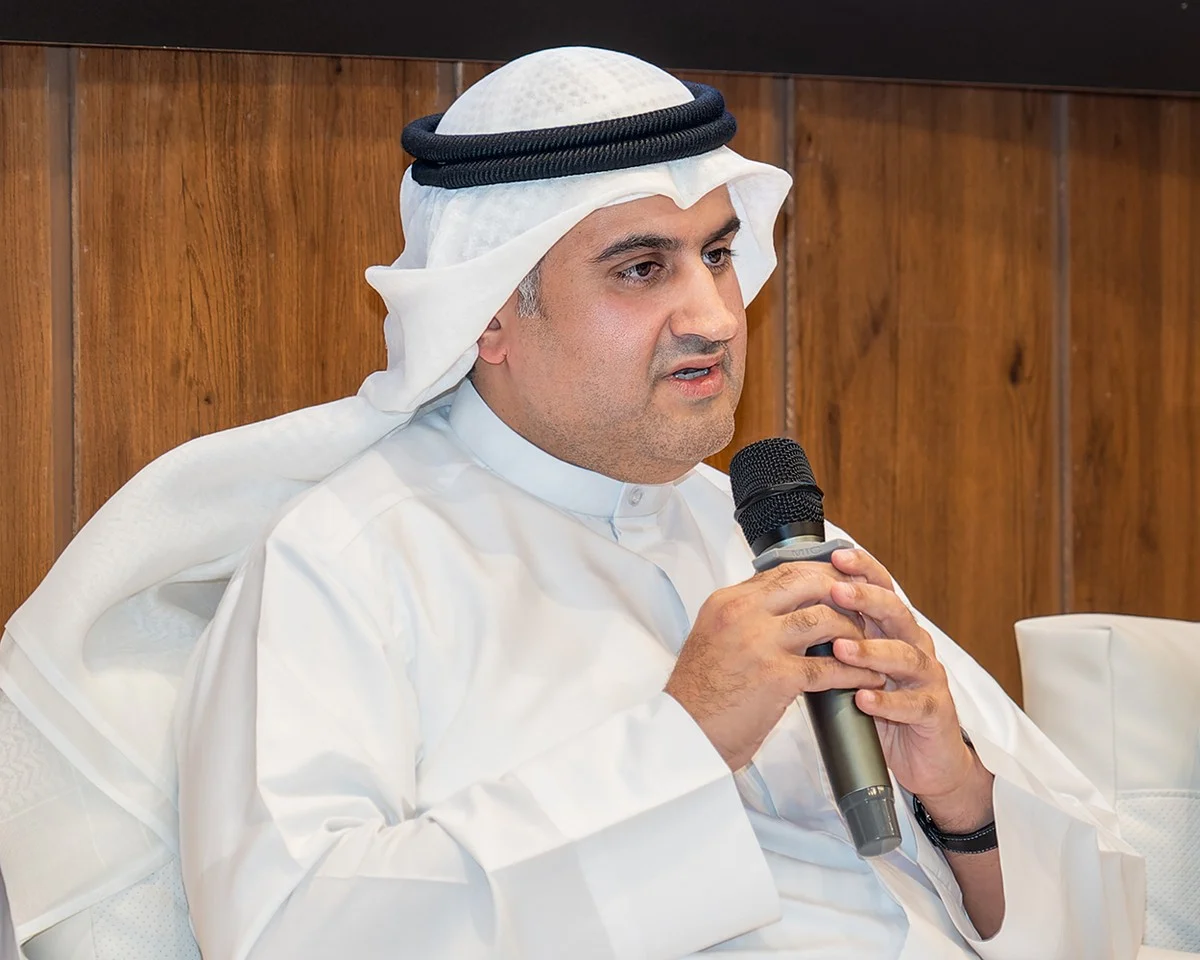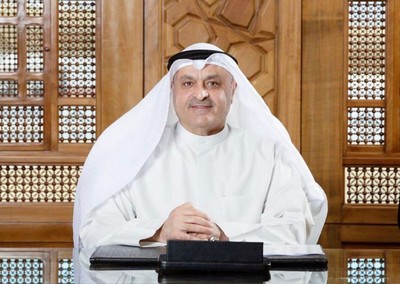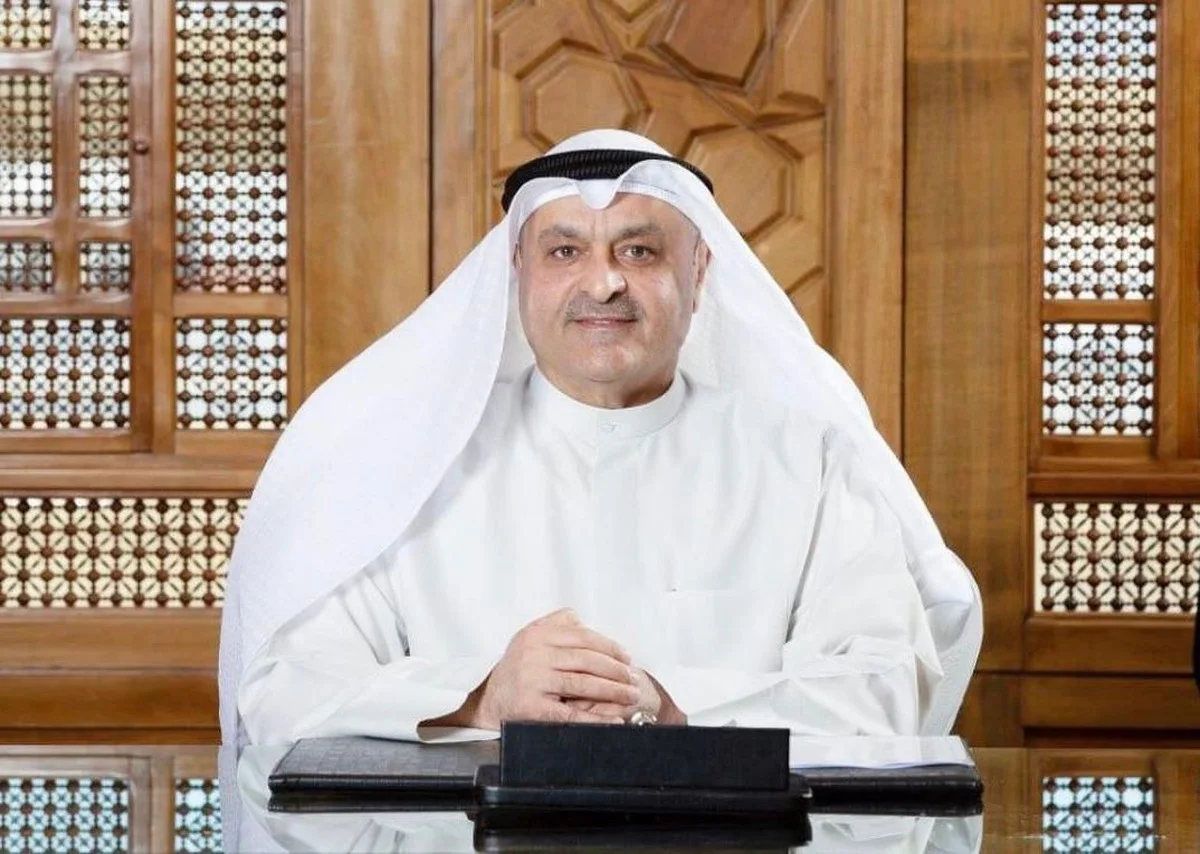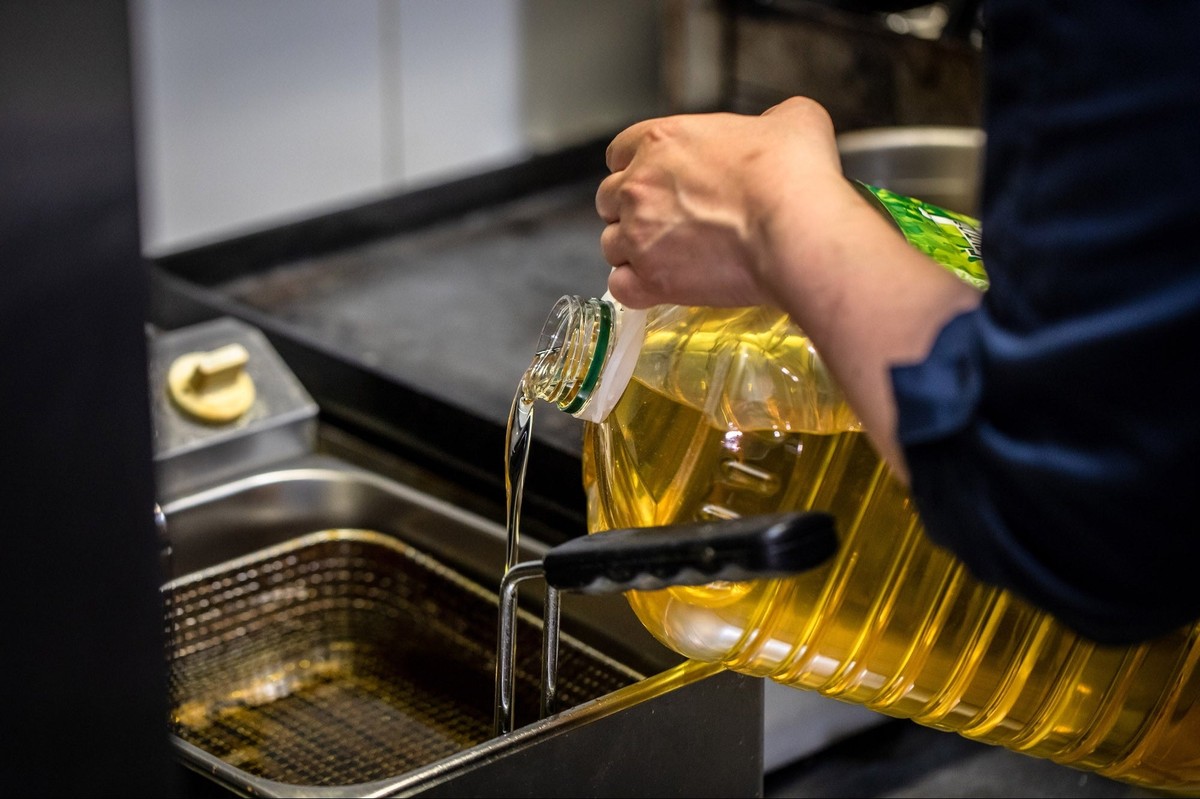KUWAIT CITY, Oct 20: The Al-Zour Refinery petrochemical complex project is expected to see a major breakthrough in the last quarter of 2025 or early 2026. According to informed sources, the Kuwait Integrated Petroleum Industries Company (KIPIC) aims to produce approximately 2.35 to 2.40 million tons of aromatics and polypropylene annually from this large-scale project. The Kuwait Petroleum Corporation (KPC) has a strong interest in the project, primarily due to its role in supporting KPC’s 2040 strategy. This strategy includes expanding the petrochemical industry both locally and globally, as well as producing petroleum derivatives that meet international environmental standards.
The project is also in line with Kuwait’s goal of achieving carbon neutrality by 2050. In a related development, KPC’s 2024/2025 report revealed that the company aims, through the Al-Zour Refinery Petrochemical Complex project, to supply the local market with approximately 1.55 million tons of gasoline annually.
This will also help deal with the current shortfall in gasoline supplied by Equate Petrochemical Company to its existing styrene plant. The report explained that the project aims to support the development of both current and future petrochemical industries, in addition to creating job opportunities for Kuwaiti nationals.
The project will be carried out in three main phases. The first involves the construction of gasoline production units. The second includes the development of aromatics and olefins units. The third focuses on building export facilities and ports, along with the implementation of onshore and offshore pipelines. Furthermore, sources stated that KIPIC recently resolved the issue of hard and hazardous work, and the file will be submitted to KPC in the coming days for final approval.
They noted that Wadha Al-Khatib, CEO of Kuwait National Petroleum Company (KNPC) and acting CEO of KIPIC, issued directives to resolve the hard and hazardous work concerns, which have been an issue of concern for KIPIC’s oil personnel for the past seven years. The sources highlighted that coordination took place between Al-Khatib, Director of Health, Safety, and Environment Omar Al-Mulhim, Health Team Leader Dr. Waleed Al-Harbi, and all relevant parties.
In addition, the same sources revealed a need to fill 50 vacant positions in the Operations Department of the Al-Zour Refinery. They said Al-Khatib recently took this initiative in cooperation and coordination with Deputy CEO for Administrative and Commercial Affairs Bandar Al-Qahtani and Deputy CEO of the Al- Zour Refinery Fahad Al-Mutairi.
The sources explained that filling these vacancies coincides with ongoing development operations at the Al-Zour Refinery and is necessary to meet the increased refinery capacity. Following the completion of the development of the third phase in mid- 2024, the refinery’s capacity is expected to reach approximately 615,000 barrels per day (bpd), up from fluctuating production levels between 205,000 and 410,000 bpd in 2022 and 2023. They added that the vacancies include ten positions for senior supervisors, five for grade 13 in Area 4, and five for grade 13 in Area 7.
By Najeh Bilal Al-Seyassah/Arab Times Staff

 Latest News24 hours ago
Latest News24 hours ago
 Politics14 hours ago
Politics14 hours ago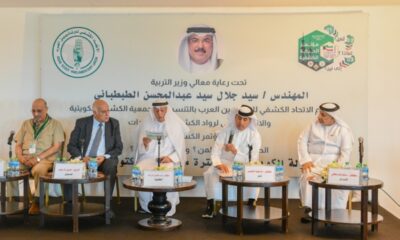
 Latest News23 hours ago
Latest News23 hours ago
 Latest News17 hours ago
Latest News17 hours ago
 Latest News16 hours ago
Latest News16 hours ago
 Business11 hours ago
Business11 hours ago
 Latest News15 hours ago
Latest News15 hours ago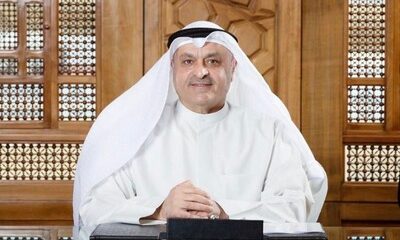
 Business8 hours ago
Business8 hours ago
